December 18, 2023
A bit of alien thinking on coffee and some other BS
 I’ve sometimes highlighted how our perceptions of the workplace are subject to an apex fallacy. The daily consumption of narratives about campuses, tech palaces and ‘cool’ design can obscure the fact that most people don’t experience this stuff in their daily lives. They work in adequate or possibly nice offices. Some in shabby offices or horrible offices. Many travel into work at the same time each day and sit with roughly the same people and do roughly the same things. They may work from home more frequently now, but they have a routine there too. Most will work in a mundane or nice home that mirrors the mundane office that awaits at the other end of the commute. (more…)
I’ve sometimes highlighted how our perceptions of the workplace are subject to an apex fallacy. The daily consumption of narratives about campuses, tech palaces and ‘cool’ design can obscure the fact that most people don’t experience this stuff in their daily lives. They work in adequate or possibly nice offices. Some in shabby offices or horrible offices. Many travel into work at the same time each day and sit with roughly the same people and do roughly the same things. They may work from home more frequently now, but they have a routine there too. Most will work in a mundane or nice home that mirrors the mundane office that awaits at the other end of the commute. (more…)






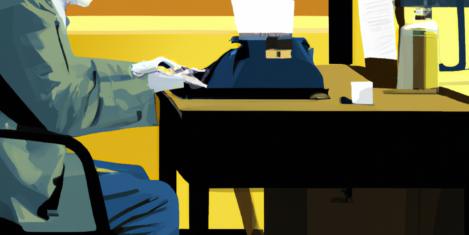
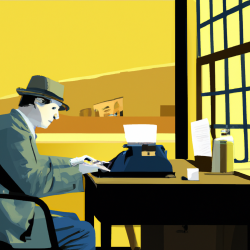
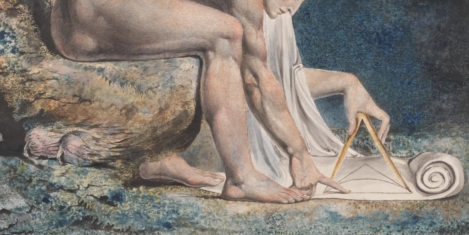


 You may recall that a couple of years ago, The Great Resignation was one of a handful of things with which certain people had become obsessed. Over a period of about six months at the end of 2021 and beginning of 2022, we were told repeatedly that huge numbers of people were about to quit their jobs to move to something better, pursue their dream of self-employment or whatever. But, the proportion of people saying this was more or less the same as it had always been. Ask people at the end of any year about their plans for the next twelve months, and around 30-40 percent of them will tell you they want a new job or to pursue an old dream.
You may recall that a couple of years ago, The Great Resignation was one of a handful of things with which certain people had become obsessed. Over a period of about six months at the end of 2021 and beginning of 2022, we were told repeatedly that huge numbers of people were about to quit their jobs to move to something better, pursue their dream of self-employment or whatever. But, the proportion of people saying this was more or less the same as it had always been. Ask people at the end of any year about their plans for the next twelve months, and around 30-40 percent of them will tell you they want a new job or to pursue an old dream. 

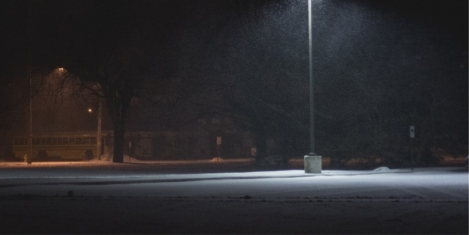


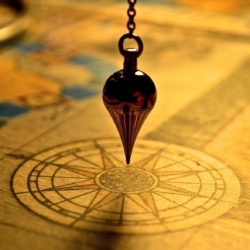
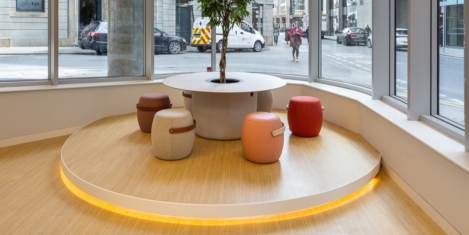
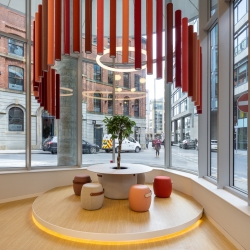 Way before the lockdown rewired the whole events scene in cities around the world, I was given a task by an old, now departed, friend. He wanted to explore the possibility of creating something like Clerkenwell Design Week in Manchester. The obvious problem was that, for some of its historic parallels, Manchester isn’t Clerkenwell and it certainly isn’t London. What it particularly lacked for this type of event was a hothouse of office design showrooms sharing space with a youthful community of architects and designers. The ecosystem for such an event didn’t really exist in the same way.
Way before the lockdown rewired the whole events scene in cities around the world, I was given a task by an old, now departed, friend. He wanted to explore the possibility of creating something like Clerkenwell Design Week in Manchester. The obvious problem was that, for some of its historic parallels, Manchester isn’t Clerkenwell and it certainly isn’t London. What it particularly lacked for this type of event was a hothouse of office design showrooms sharing space with a youthful community of architects and designers. The ecosystem for such an event didn’t really exist in the same way. 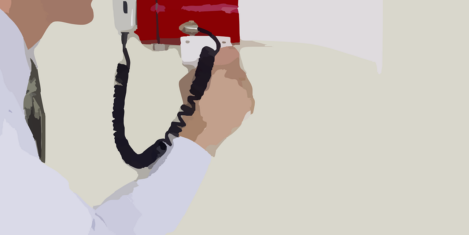
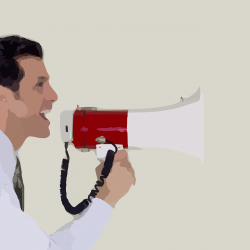


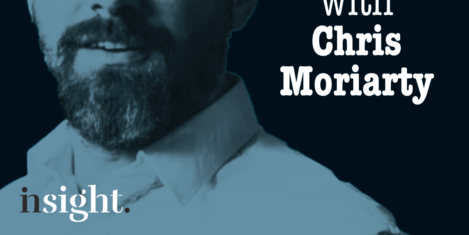
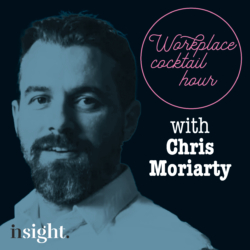 In the first of a new series of news-based podcasts, I catch up with Chris Moriarty, the co-founder of Audiem and much besides. Over a glass of gin and tonic, we discuss the AI Safety Summit and the proclamations of imminent doom that came before and after it. We also talk about the covid inquiry and the toxic workplace culture it exposed as an intriguing subplot.
In the first of a new series of news-based podcasts, I catch up with Chris Moriarty, the co-founder of Audiem and much besides. Over a glass of gin and tonic, we discuss the AI Safety Summit and the proclamations of imminent doom that came before and after it. We also talk about the covid inquiry and the toxic workplace culture it exposed as an intriguing subplot. 








December 31, 2023
Stanley Green, protein wisdom and the perils of sitting down 0
by Mark Eltringham • Comment, Furniture, Wellbeing, Workplace design